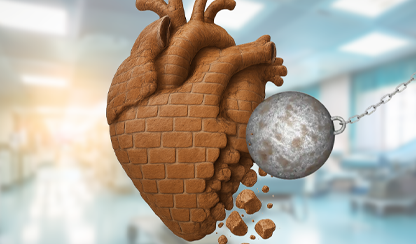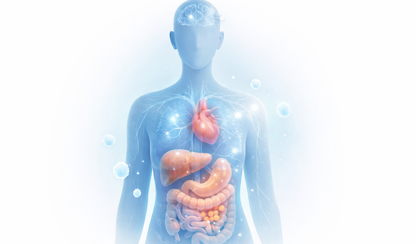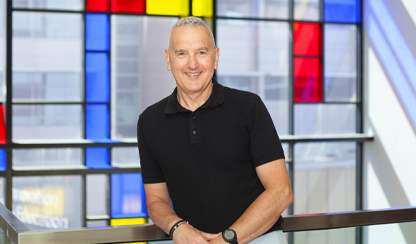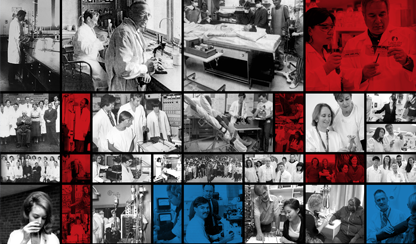22 September 2025
Institute news

A PhD student who is developing silk-based cardiac patches enriched with stem-cell derived nanovesicles — much like a smart band-aid — to help repair the heart after a heart attack has won the chance to compete in a global summit in Berlin.
PhD student, Auriane Drack from our Molecular Proteomics lab, recently took out a top-three spot in the Falling Walls Lab Australia science communication competition, earning her a trip to Berlin to compete in the international summit.
Auriane competed in the national final this month, which was hosted by the Australian Academy of Science at the iconic Shine Dome in Canberra.
Her presentation, ‘Breaking the wall of heart failure,’ was a 3-minute pitch where she had to convince a jury of scientists of the breakthrough potential of her research.
At present, there is no treatment for heart failure and Auriane’s work aims to maximise the therapeutic potential of cell-derived nanovesicles for cardiac repair.
Originally from France, Auriane graduated from the University of Lorraine in the country’s northeast as an Agricultural Engineer specialising in biotechnology and plant engineering and since moving to Australia in 2021 has turned her attention to cardiac repair.
The Falling Walls Foundation runs these events worldwide to highlight breakthrough ideas from early-career researchers. Each year, around 100 winners from 80 countries come together in Berlin for the Falling Walls Science Summit, which takes place on the anniversary of the fall of the Berlin Wall. The Falling Walls Lab pitch competition is just one part of the Summit, which brings together leading researchers, industry representatives, policymakers, and Nobel laureates from around the world to discuss some of the greatest global challenges.





